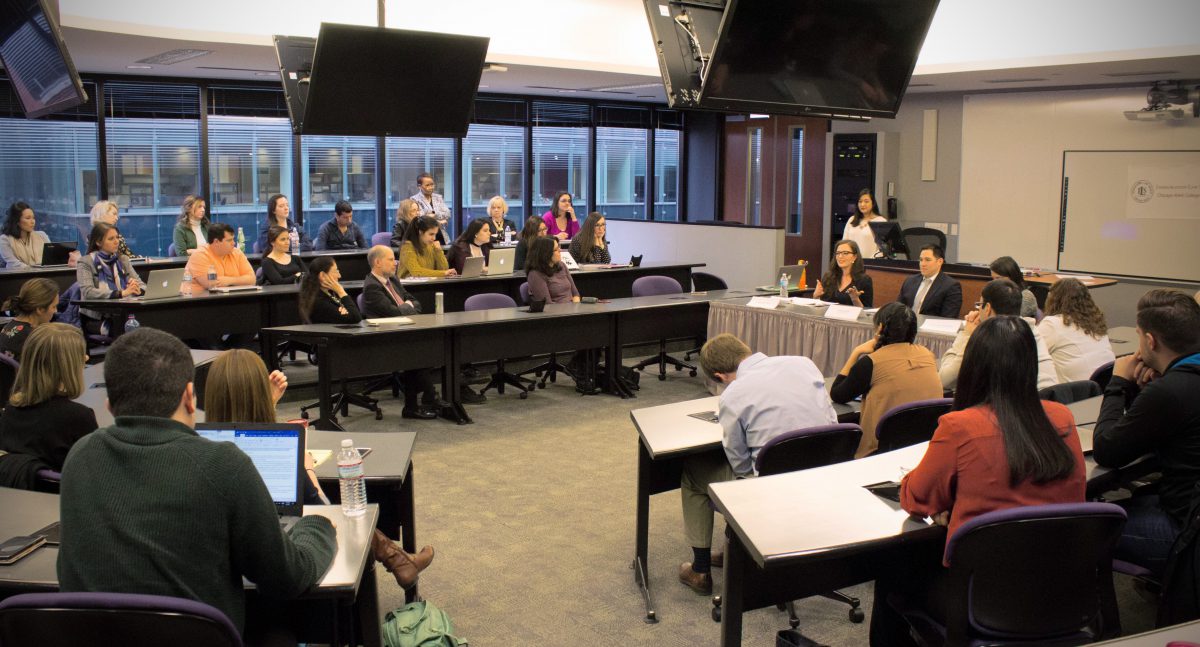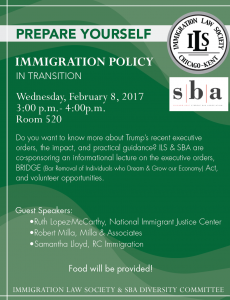By Alexander Dill
Clearing Corporation Charitable Foundation Practitioner in Residence
Last Friday, February 3, nearly two weeks into his term, President Trump issued a directive to revamp financial market regulation, aimed squarely at the Dodd-Frank Act of 2010 without naming it but also encompassing the financial regulatory framework as a whole. The directive presents a vague framework in the form of several “core principles” that dovetail with Congressional Republicans’ complaints that regulatory burdens have crimped banks’ ability to lend, thus reducing business expansion and job growth. Among the core principles are the prevention of taxpayer-funded bailouts and the fostering of “economic growth and vibrant financial markets through more rigorous regulatory impact analysis that addresses systemic risk and market failures.”
However, Republicans’ claim flies in the face of the all-time high level of commercial and industrial lending since 2010, as pointed out by Jordan Weissman of Slate Magazine. It is possible that the true source of concern is the reduced return on equity resulting from the higher capital requirements, with historically low interest rates a contributing factor. These factors have hit banks where it hurts most – lowering profitability and depressing stock prices. If banks can return more capital to shareholders, with one estimate at $100 billion by the six largest banks due to potentially looser regulation, through buybacks and dividends, stock prices will increase. In fact, the market expected as much in its reaction to the President’s February 3 directive as bank stocks moved upward.
Continue reading “Alexander Dill: Implementing President Trump’s Dodd-Frank Directive May Lead to More Bailouts, Not Fewer, in the Next Crisis”


 On Wednesday, February 8, 2017 the Chicago-Kent
On Wednesday, February 8, 2017 the Chicago-Kent